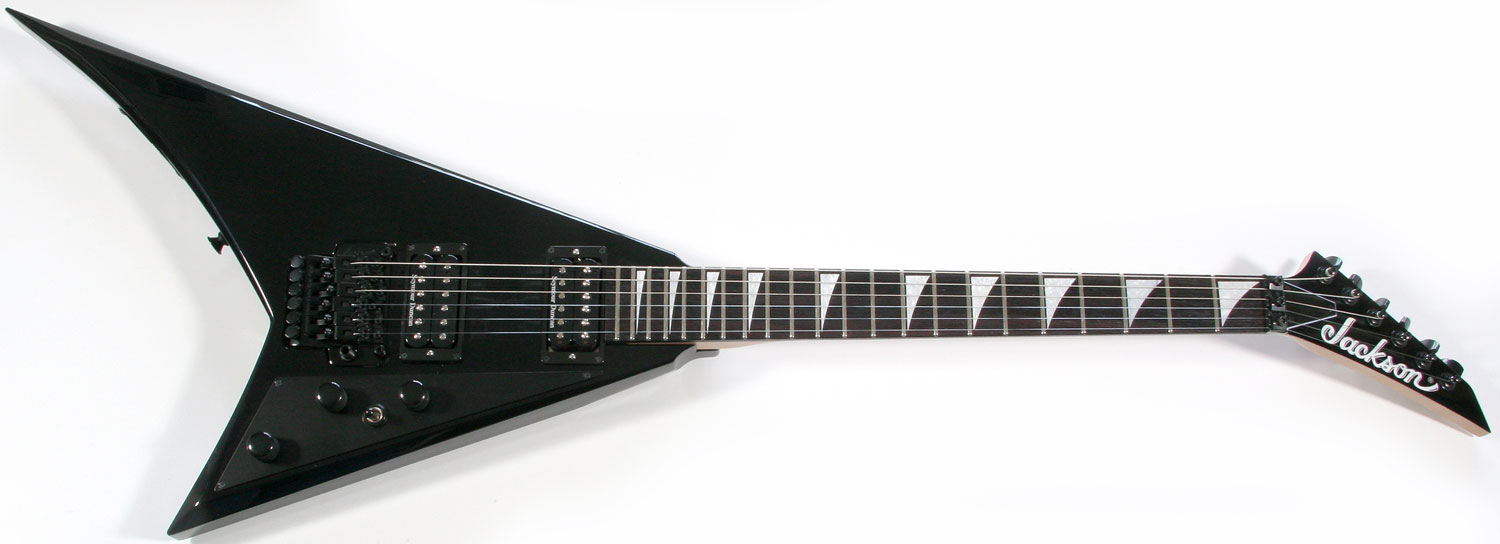Greetings! Today I am going to be doing a small blog about, String Gauges! Tada!
Basically, string gauges is the thickness of your strings, and depending on the thickness can change the tone and style of playing.
The thicker the string, the fatter the tone tends to be, whilst the thinner the string, the tone tends to be more treble orientated. In addition to this, thin strings are often easier to play faster on, and are easier to bend as there is less tension (unless of course you have gigantic hands). For people who are into drop tunings, thicker strings are recommended as it will provide a better fatter tone for those drop D or drop C power chords, as well as not buzzing against frets as the strings aren't slack, however some people find thicker strings are hard to bend.
Remember, there is no right or wrong string gauge or brand! Everyone has individual tastes and styles, so mess about with different pairs to find yours. Just be sure to not harm your guitar when changing from extremely thick strings to thin, ( from say 9's to 13's) as it may cause harmful tension in the neck. Also, if you have a floyd rose, putting a different thickness on will cause the bridge to change from its floating position, so be you are experienced enough to alter it to its original state if you do.
As well as string gauges, string brand can make a difference too, personally at the minute I am using the Dunlop Heavy Core (pictured) strings, where the top string is a string higher to the others, so for example when the strings should be:
010 - 014 - 018 - 028 - 038 - 050, they are: 011 - 014 - 018 - 028 - 038 - 050.
I have also used brands such as D'addario, Ernie ball (found they rotted too quickly) and many more.
It is also important to clean your strings (preferably with a string cleaning product) as when you play , your hands release sweat, which over time corrode the strings, which leave them eventually sounding dull. Even if you clean the strings, I find I have to change mine every 1-2 months.
There is a brand known as Elixir "Nanoweb" strings, which actually last a very long time (I've had mine on the Les Paul for around 2 months and still sounding great).
One final thing, different brands of strings are best for different types of guitar bridges, as some are better for different stringing techniques and less-slipping when playing, ask your local guitar shop!
I hope this has helped, if not, I apologise. Any questions- feel free to ask below :) Thankyou.



